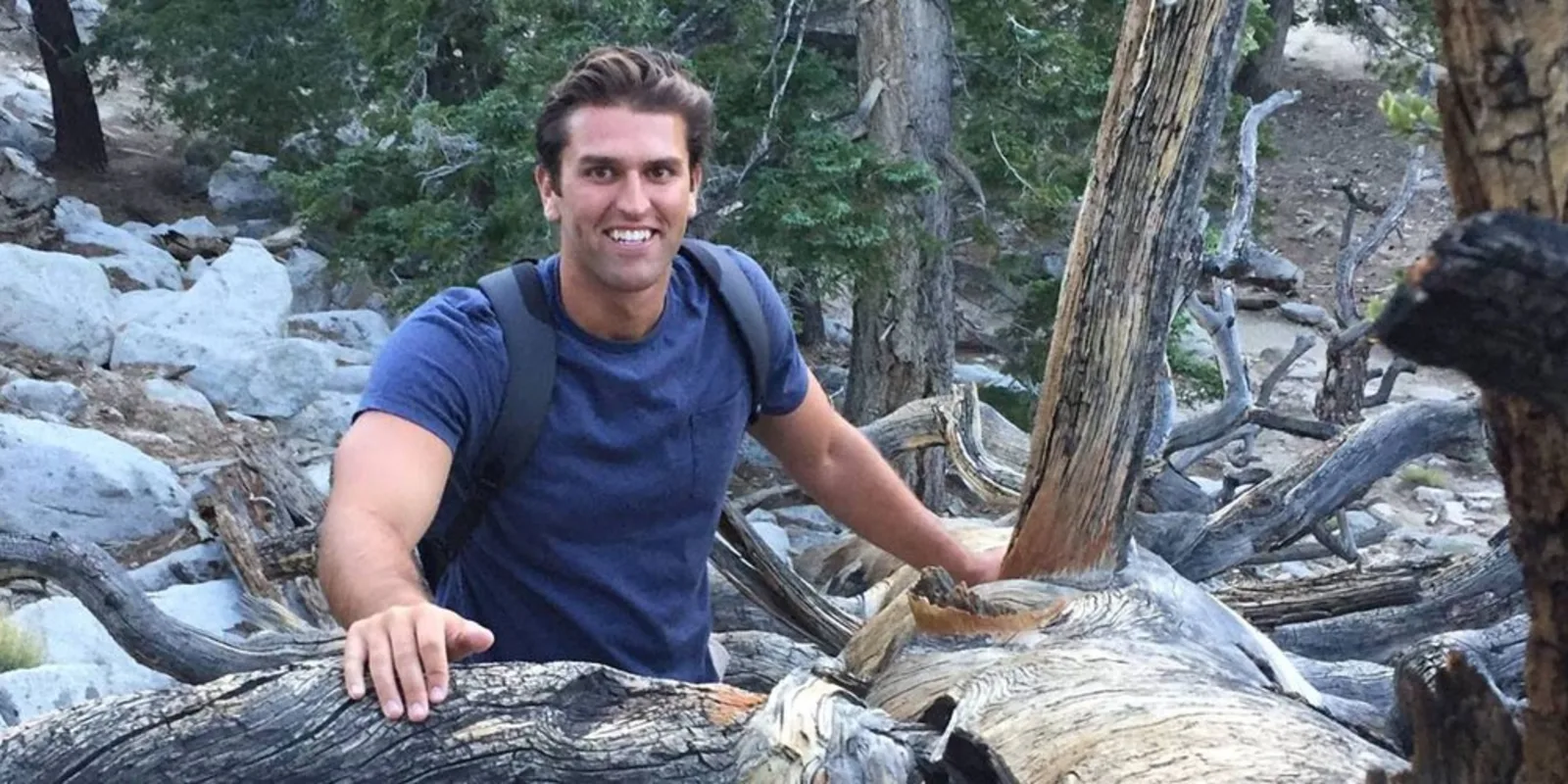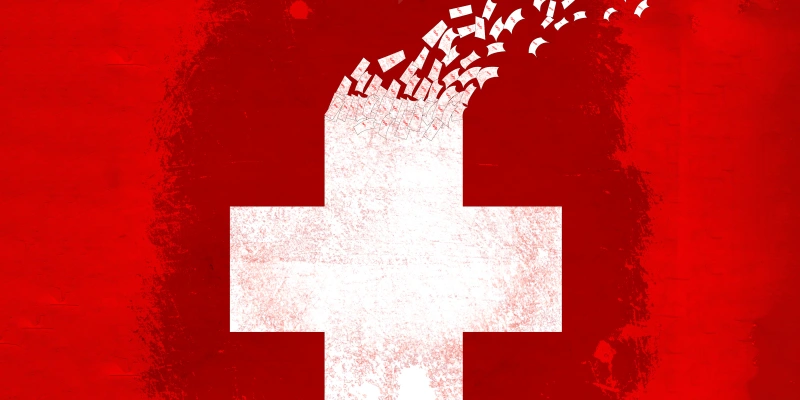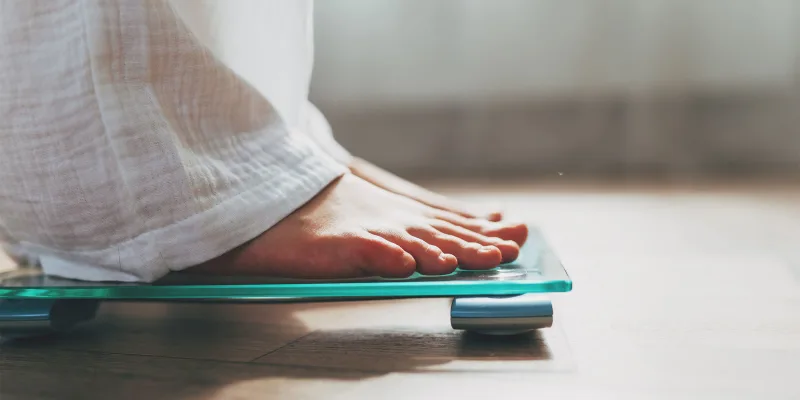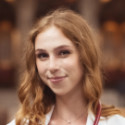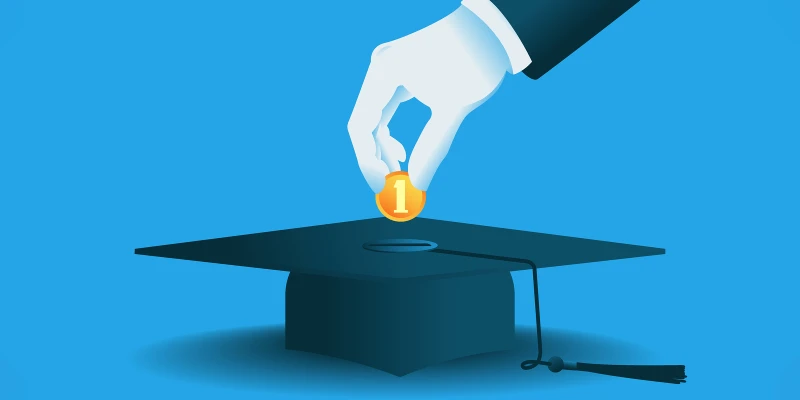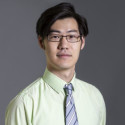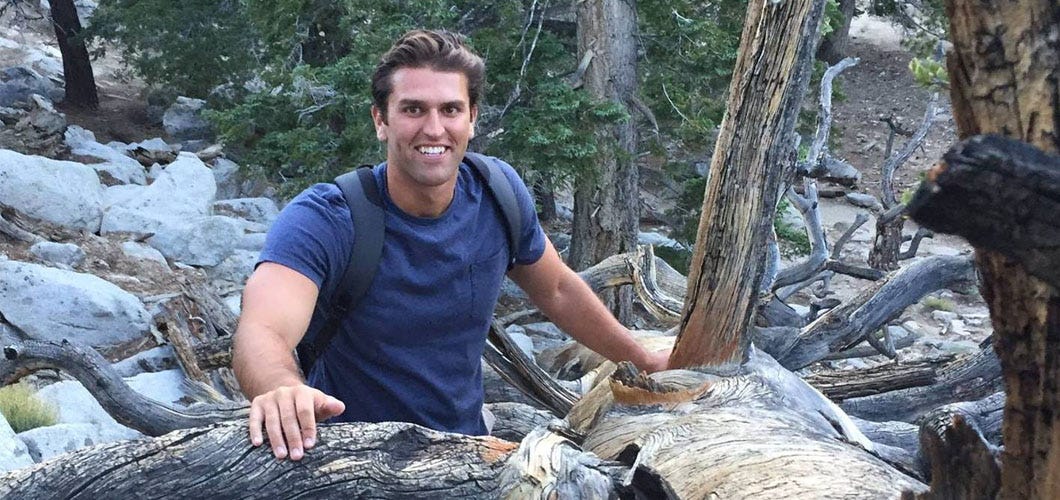
Medical School: Eastern Virginia Medical School (EVMS)
Year: MS2
1. What is your #1 study tip?
Limit the number of resources that you use for any given class. There are more resources available than are practical to use, so taking the time early on to find the ones that mesh with your learning style is important. Starting out my first year, I made the mistake of trying to pull information from too many resources at once and quickly found that knowing a few high-yield resources well is much more effective than trying to use the best resource for each concept. At this point, I essentially compare my lecture material to two Step 1 review books and focus most of my time on the overlapping material.
2. What technology is essential to your study routine?
I’m a religious user of the flashcard app Anki. Once I started using spaced repetition to tackle the brute memorization for each class, the concepts came much easier. I’m a big fan of simple, useful technology, and Anki is simpler than paper flashcards with the added benefit of syncing across multiple devices. I’ve become such an Anki addict that I now use it to memorize random trivia as well as the names of everyone that I meet throughout the day. The engineer in me also likes the way you can track your learning process numerically when all of your coursework is broken into discrete chunks.
3. How do you get out of study ruts?
I always make sure to have side projects that I am working on. Instead of trying to fight my attention span, I just make sure that whatever I distract myself with is also useful to my goals as a future physician. Part of this process is making it efficient to switch between tasks on my computer, so that when I am losing focus on one thing I can move to another productive activity without too much effort lost in the transition. For me, that just means staying very organized on my computer with workspaces for school work, research projects, and whatever outside endeavors I am working on at the time.
4. Who are your mentors?
I am fortunate enough to have many medical professionals in my immediate and extended family. With her physical therapy patients, my mother continues to be a shining example of how provider attitude can motivate even some of the most debilitated patients (the same motivation got my siblings and me up and ready for school on time every morning). I also have an uncle and two cousins that went through very different paths to become physicians and continue to demystify the process for me at every family gathering.
5. What book would you recommend to all medical students?
The best book that I have read in the past couple of years is a physician biography called “Mountains Beyond Mountains” by Tracy Kidder. Using the life of Dr. Paul Farmer as a bridge, the book does a good job connecting the struggles of healthcare for the poor in undeveloped countries to the relative apathy of the developed world. Dr. Farmer and the author provide insightful and sometimes contradictory commentary on the status-quo of medicine and the place of cost-efficacy in global health. Here, the author reads an excerpt from the first chapter.
6. Does your school provide any unique resources that have helped you academically?
The single most useful thing that EVMS does to prepare us academically is using USMLE questions for all exams. This is a change that the school made a few years before I matriculated, and it has proven successful based on the school’s average scores since that time. In medical education, there is always a debate between teaching students to be good board examiners and teaching students to be good physicians, but as a rising M2 with my Step 1 exam looming, I appreciate the extra prep that this method of testing provides.
7. What do you think you were least prepared for going into medical school?
Coming from an engineering background, the sheer volume of the material in medical school caught me off-guard. Engineering classes are usually based around complex concepts, but there are relatively few concepts compared to the body of knowledge that a medical student studies. To accommodate the amount of memorization that medical school entails, I had to completely revamp my learning processes. I was not prepared to work through so many different combinations of learning techniques before I figured out what worked for me, but it did happen eventually. The process of changing your study techniques frequently is something I think most incoming medical students should be prepared to do.
8. What would you be doing if you weren’t in medical school?
Healthcare would still probably remain my priority, but I would likely approach it from the angle of the technology sector. As an engineer via my undergraduate training, I still get excited about medical device design and the intersection of medicine and computer science. Ideally, even if I wasn’t a physician, I would still be working in close contact with physicians and patients. Plan B if health tech didn’t work out would be some sort of artistic endeavor, but let’s hope that never happens for the sake of the art world.
9. Who would you like to see featured in Doximity’s
"How I Work" series, and what’s one question you would ask them?
Doximity's "How I Work" series is a collection of Q&A's profiling clinicians and their lives in medicine and beyond.
An influential figure at my school is Dr. L.D. Britt, who served as the President of the American College of Surgeons before returning to his hometown to become the first African American to receive an endowed chair in surgery at an American medical school. I would like to hear from him how his upbringing influenced his surgical career path and eventual return to serve his hometown.
